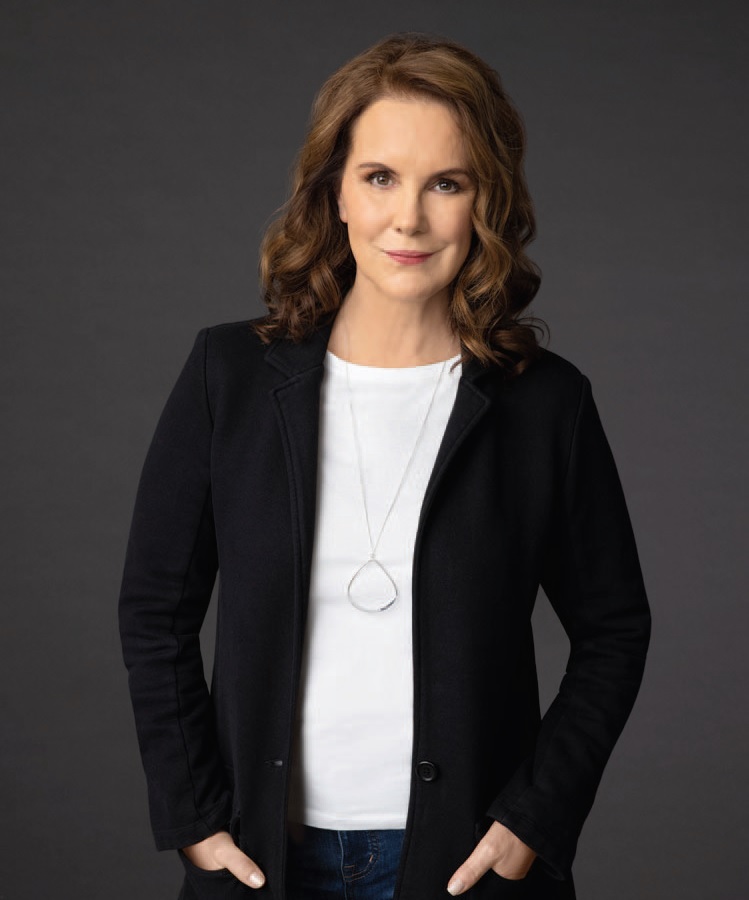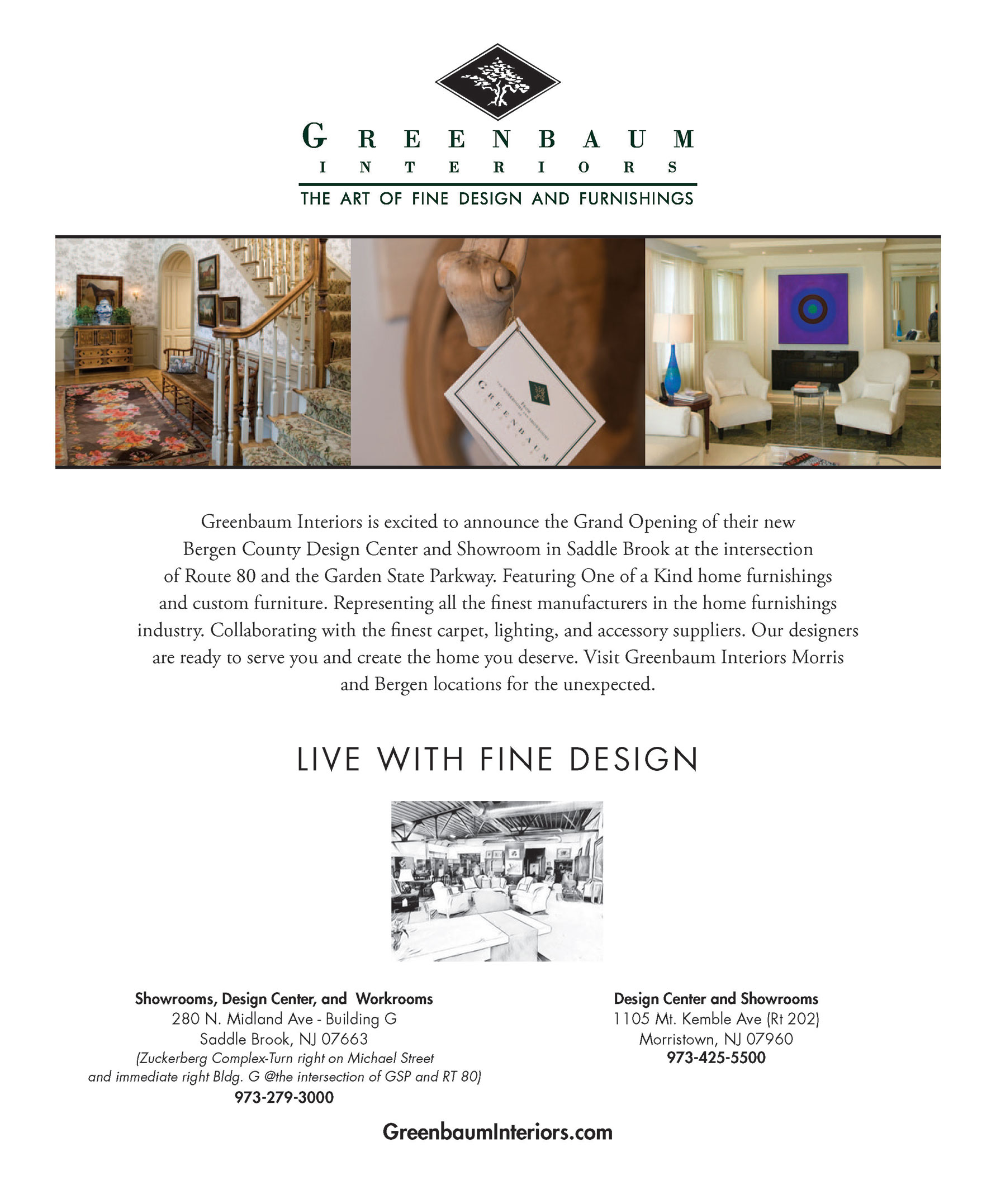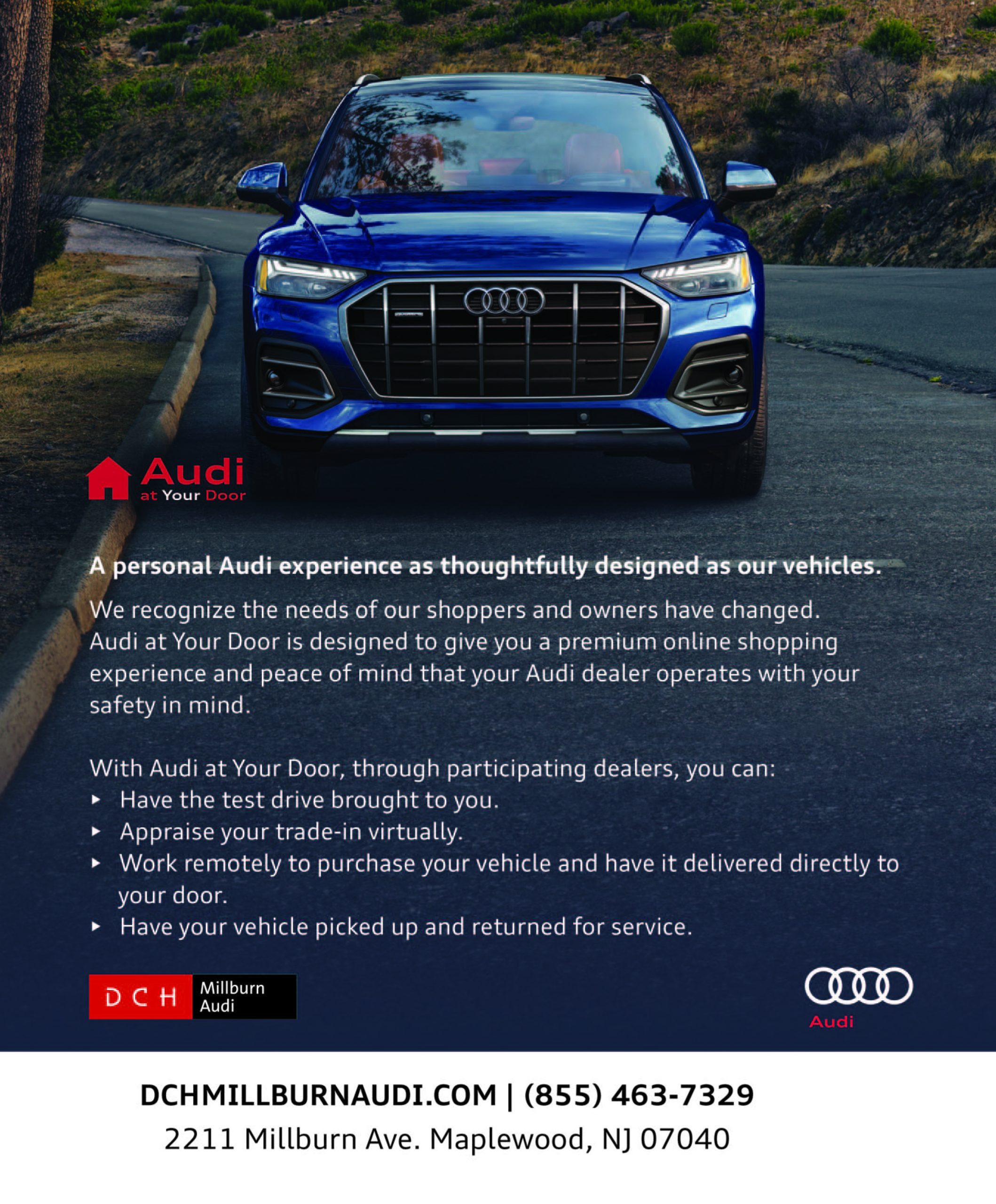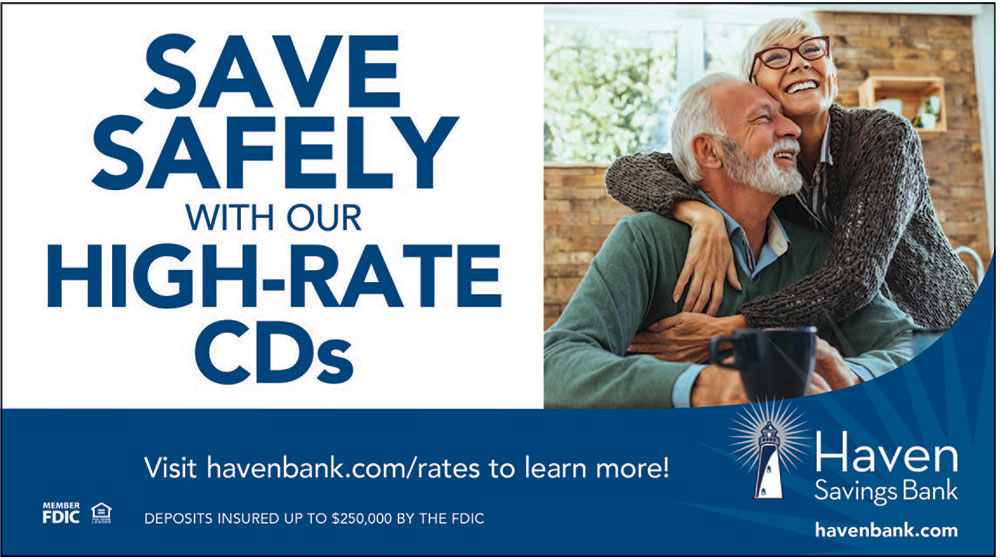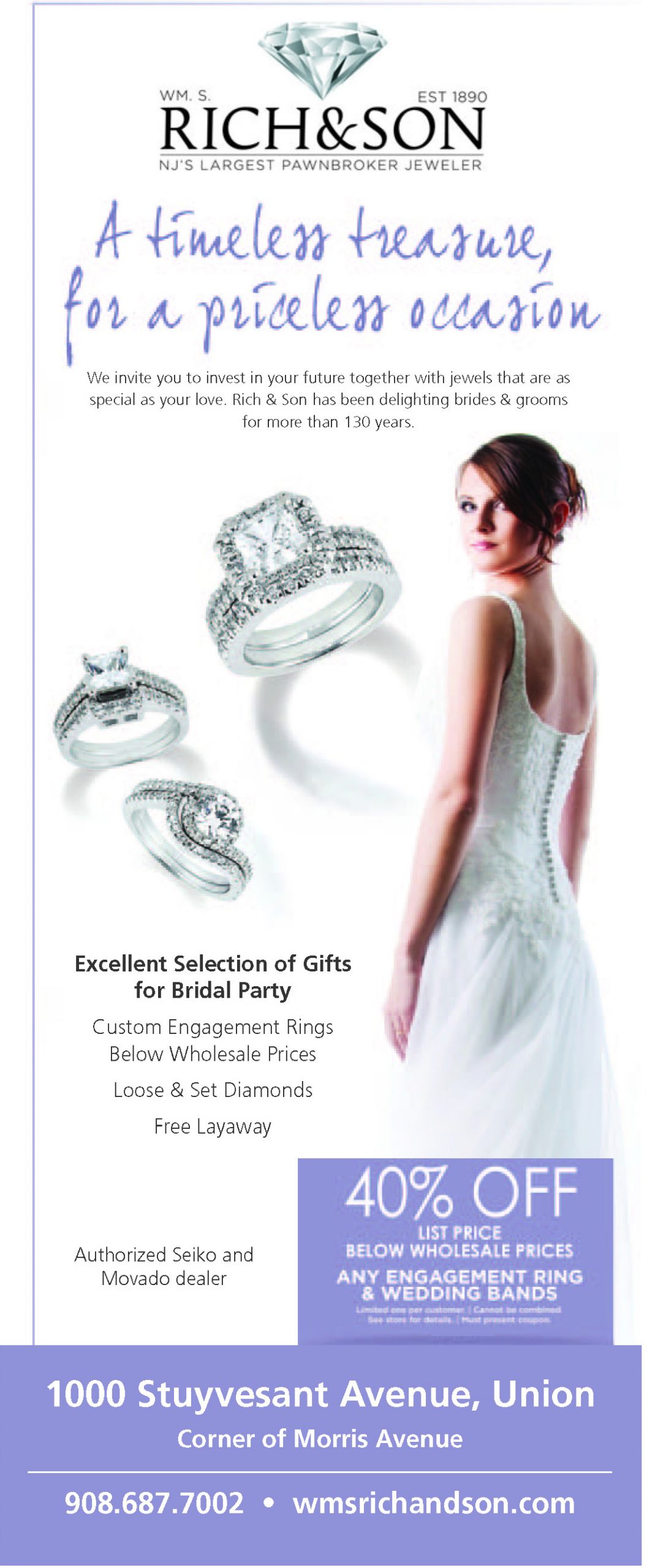The ability to light up a screen is not the exclusive province of A-List, big-box-office mega-stars. Some actors have learned to wield that quality with understated strength and subtlety—and parlayed that power into long, distinguished entertainment careers. If you’re wondering why Elizabeth Perkins is so relentlessly good in everything she does, you may have just answered your own question. For three-plus decades she has turned in luminous performances in heart-tugging dramas and smart comedies that include About Last Night, Big, Avalon, The Doctor, He Said She Said, The Ring Two, 28 Days and Must Love Dogs—as well as unforgettable TV series like Weeds, Sharp Objects, How to Live with Your Parents and Truth Be Told. She also played Nemo’s mom in Finding Nemo. Perkins has inhabited screen characters that run the gamut from dark to daring to devilishly funny. But as she tells Gerry Strauss, in her current FOX series, The Moodys, she is playing a version of someone fans have never seen before: herself.
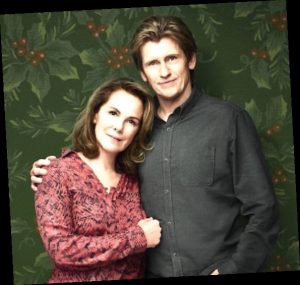 EDGE: In the FOX series The Moodys, you play Ann Moody, an alcohol counselor. There’s a personal story behind that.
EDGE: In the FOX series The Moodys, you play Ann Moody, an alcohol counselor. There’s a personal story behind that.
EP: I asked them to let my character go back to school and become a counselor because of what my mother had done. She was a pianist and then she became an alcohol rehabilitation counselor. She had played in a series of bars and was in that scene, became a full-blown alcoholic throughout most of my childhood, and then got sober when I was 18 or 19 years old. She completely turned her life around, went back to school, got her degree and became a counselor. Sobriety has been a big part of my life, and so is recognizing that and honoring that in people and in my family, and in myself. It was a real inspiration for my character on this show for that very reason.
EDGE: Your mom was an entertainer at heart. Did that influence you early on?
EP: Oh, 100 percent. My mother used to play the piano and I would stand next to her and sing. She always encouraged me to do the things that she couldn’t—or wouldn’t, or didn’t—and was really an impetus for me to get on stage. She introduced me to local theater in our small town in Massachusetts and was always my inspiration. She would say to me, “I wish that I had done that when I was your age.” Because she was a natural performer…and the funniest person I’ve ever known in my life. She was sarcastic and raucous and bawdy. She was just no-holds-barred, with a great deal of confidence. I think that my sense of humor comes directly from her mouth. For sure.
EDGE: You began your career as a stage actress, correct?
EP: Oh, absolutely. I went to drama school in Chicago at the Goodman School of Drama, which now has been incorporated into DePaul University. But when I went there, it was a conservatory, and I think we had a graduating class of 12 people. When you’re in that kind of training program, specifically back then, they weren’t training you for television and film. We didn’t have on-camera classes or how-to TV audition classes. It was primarily performing on the stage. I had really not thought about film and television. When you come from a conservatory mindset like that, it’s all about the theater. I was lucky enough—and I’ll use that word lucky, because luck does play a huge part in any actor’s life—to be seen. I went to New York solely to do theater and was cast on Broadway. That was 100 percent luck and being at the right place at the right time. I was proud of myself working on Broadway, being young in my twenties, in New York.
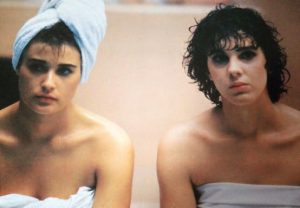 EDGE: Then came About Last Night (above), with Rob Lowe, Demi Moore and Jim Belushi…
EDGE: Then came About Last Night (above), with Rob Lowe, Demi Moore and Jim Belushi…
EP: Again, I just lucked into that first film audition, which I think it was 1985. It had never occurred to me to do film and television, and I was perfectly fine without it. I just fell into it. When I did About Last Night, I’d never been in front of a camera before. I’d never done a commercial or a day part. I’d never even done a student film before, so I sort of faked my way through it. I remember arriving on the set and they were using terms that I’d never heard: your mark, the POV, the cheap shot, over-the-shoulder. I just was like, “I’m going to just fake it till I make it.”
EDGE: And you did. You were listed as one of the “12 Most Promising New Actors of 1986” in Screen World, which was a huge deal back in the pre-Internet and pre-IMDB days. Did you feel some pressure at that point to keep the momentum going?
EP: I felt a little overwhelmed. The film got a lot of attention and the way I looked at it was like, “Well, that’s intense.” But it resulted in me getting more work. I had been living in New York in my twenties and everything was expensive, and I wasn’t making any money. It just translated into, “Oh, I can buy my mom a car!” That’s when I started buying my mom her cars, and I bought her a new car like every five years for the rest of my life, until she passed away a few years ago. Then I remember thinking, “I can buy my mom a house…I can do all these things. I can now help take care of my mom the way she always took care of me.” So it was a blessing. I was 26, but I think I had a pretty good head on my shoulders about it, and I knew these things come and go so quickly. It’s like that great line in Notting Hill: “Today’s newspapers are going to line tomorrow’s canary cage.”
EDGE: Not everyone in that situation would respond that way.
EP: If you’re in it for a certain amount of notoriety, yeah, that could sway how you respond to that attention. A lot of actors who think, Oh, I’m the hottest thing right now—and they actually think that’s going to last—just aren’t really living in reality. Hype is so fleeting, and all you can really do is focus on the work. I’m from a really small town in Western Massachusetts, so all of this was just great [laughs]. I’ll take whatever I can get! I remember when I was making The Flintstones with Rosie O’Donnell, she was hanging out with Madonna at the time and she said, “You could just be so much more famous than you are. You should come out with me and Madonna… you could be super famous. Your career could be so much better than it is right now.” And I remember thinking to myself, I like my career right now. [laughs] I work all the time, but I’m not one of those people who’s surrounded by paparazzi. I work with great people. I make good money. I’ve got four children. I support myself. I’ve supported my parents. Yeah, I guess you could be wanting to be in that level of superstardom…or you can just be really grateful for what’s in front of you. I think that’s sustained me. I’ve been doing this for over 35 years, and I’m good.
EDGE: One of your earliest film roles was opposite Tom Hanks in Big. In 1988, it was an innocent family-friendly fantasy film. Do you think the relationship between your adult character and Josh, who was still a 12-year-old boy, would be done the same way?
EP: Oh, I get questions about this all the time, because we have sex in the movie. He kisses me and touches my breasts, and it was a whole thing. Yeah…we wouldn’t shoot that movie like that today, 100 percent. I’m not sure I feel strange about it in hindsight. That scene was primarily to set up the joke of the next day at the office, when the elevator opens and he walks out like, Oh, I’m a completely changed human being. It in no way indicated any kind of untoward, Oh, she’s having sex with a minor. Based on how we have grown for the good as a society, that scene would probably not be acceptable, period, so I own that. And I’m sure Penny [Marshall, who directed the film], before she passed, would own that as well.
EDGE: Do you view the heightened sensitivity towards entertainment as being a change for the better?
EP: I think when change happens, societal change happens. It goes to the extremes in many different directions and then eventually it finds its home. The change that’s going on now is very necessary, but I do think we’re all still finding our footing there. In terms of certain norms that have gone on for decades, it’s a hard change for everyone, particularly people who’ve been writing or directing or creating for years. But it’s a necessary one. My daughter works in development at the Geena Davis Institute for Gender in Media and she’s my touchstone for all of it. I’m 60 years old. I’ve been doing this since I was in my early 20s. And every time I have a question, I call her and I say, “What do you think about this?” It’s all a big change for me, too. I really applaud my daughter, because she’s at the forefront of working for an institute that is dedicated to equality and inclusivity and diversity. And it’s really needed, and it’s overdue at this point.
EDGE: Is comedy something that you’ve always enjoyed digging into, or was it more of an acquired passion?
EP: Oh, I adore doing comedy. If I could do comedy all the time, I would really be in a sweet spot. Sometimes I feel like I’m always given the job I need at the moment I need it. Prior to doing The Moodys with Denis Leary, I had done all these really dark things. I did a show called Sharp Objects with Amy Adams and Patricia Clarkson. That was so dark. Then I did a show with Aaron Paul and Octavia Spencer that was just Nazis and prison and racism. And then Trump was in office and the pandemic hit, and I’m doing comedy. If you just stay in these dark pieces, you bring it home with you. I do, anyway. So I just feel blessed that I’m making a comedy in the middle of all of this stuff. I’m like, “Okay, universe, you’re giving me exactly what I need.” [laughs]. It’s great to wake up in the morning and know that you’re going to go to work and laugh—I’m so blessed to be working with Denis and Jay Baruchel, who plays our oldest son. Jay is just wicked good. He’s incredible. We’re having such a good time that none of us wants to leave.
EDGE: What specifically hooked you into The Moodys?
EP: Denis Leary. Denis and I grew up about 30 miles away from each other. Chelsea Frei, who plays our daughter, grew up another 30 miles away, and Jay Baruchel is from Montreal, which is like four hours away. So all of us really have this same sort of—I’ll use the word “wicked” because that’s New England lingo— sense of humor, and we’re all from working-class families. So, when the creators sent it to me, they said, “There’s not a lot on the page right now, but we’d love you to do this.” And I said, “Well, can I make her like me?” And they were like, “Yeah.” So they were gracious enough to let me infuse my own life into it. I feel like this is the first time that I’ve created someone who’s really based on me, a woman with older children who are still in and around the house, who’s trying to reinvent herself all the time—which happens when you go from being a mother to being an empty nester. I was able to infuse parts of my mom into it, and so it was the first time I’ve been able to have open season on a character that the creators really allowed me to make my own. At my age, it was really a little gift for me. I took it and ran with it, and I’m having a ball.
EDGE: Would the prospect of creating your own character have frightened you earlier in your career?
EP: Oh, yeah. But everything is scarier when you’re younger.
EDGE: Why does it work so well now?
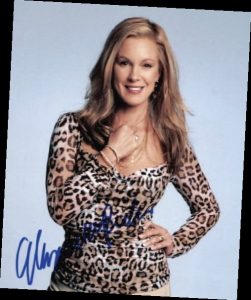 EP: When you get to be a certain age, you don’t care what people think anymore. You just don’t. You’ve been around for long enough to just say, “I am who I am, and I’m proud of who I am.” I love these parts of myself, and I want to share them because I think I’m really great. I do. I love my life. I love my husband. I love my kids. I just feel like I’ve been given so many gifts. And now I’m getting to play a really great part of myself. A lot of people don’t get an opportunity like that, so I adore my creators and Denis for bringing me along on this. They’re allowing me to be nutty and obsessive and fun—a woman who maybe has too many glasses of wine, or maybe overdecorates the house at Christmas, who might be a little bit cloying at times when it comes to her children. These are all real facets of me.
EP: When you get to be a certain age, you don’t care what people think anymore. You just don’t. You’ve been around for long enough to just say, “I am who I am, and I’m proud of who I am.” I love these parts of myself, and I want to share them because I think I’m really great. I do. I love my life. I love my husband. I love my kids. I just feel like I’ve been given so many gifts. And now I’m getting to play a really great part of myself. A lot of people don’t get an opportunity like that, so I adore my creators and Denis for bringing me along on this. They’re allowing me to be nutty and obsessive and fun—a woman who maybe has too many glasses of wine, or maybe overdecorates the house at Christmas, who might be a little bit cloying at times when it comes to her children. These are all real facets of me.

